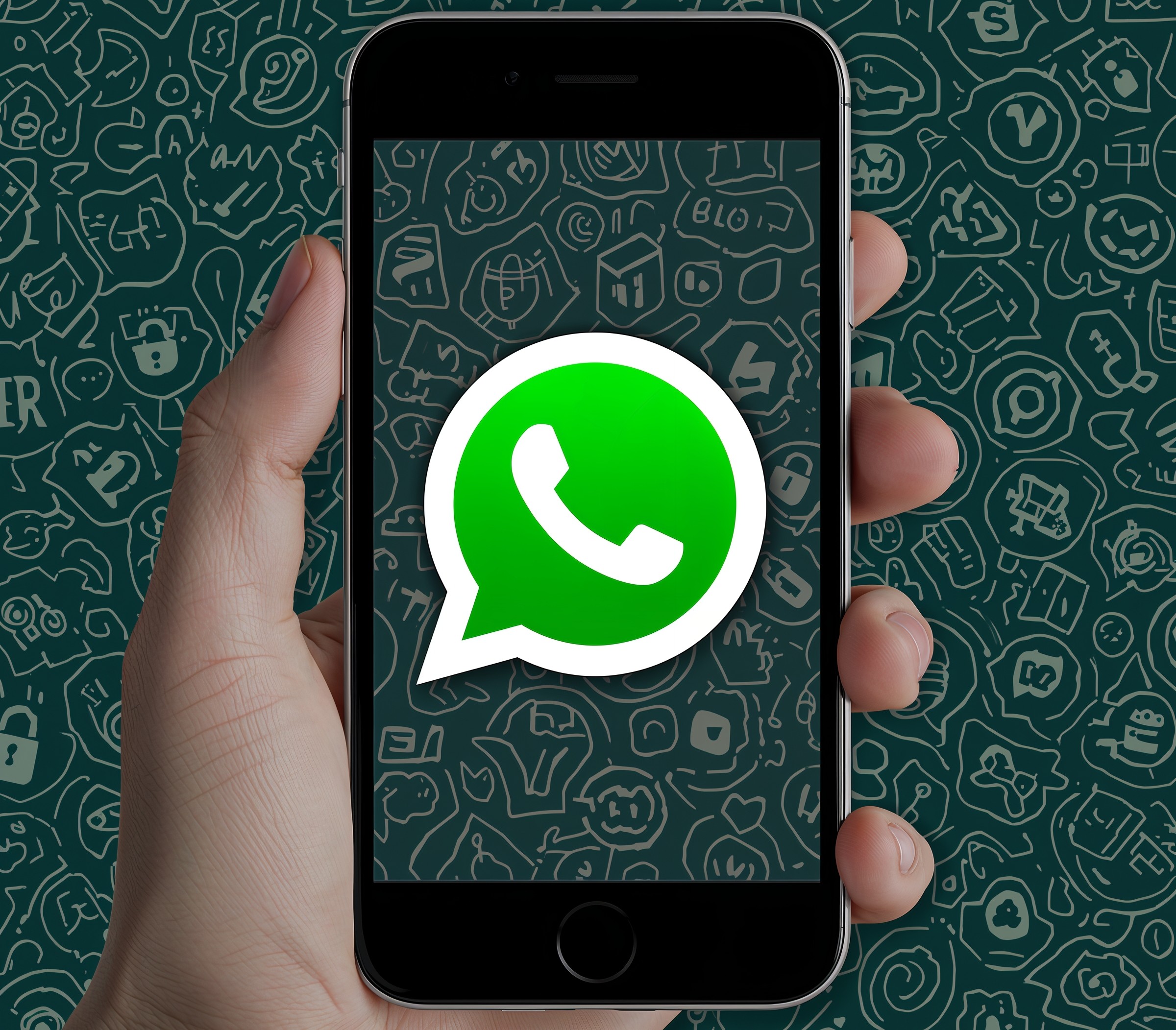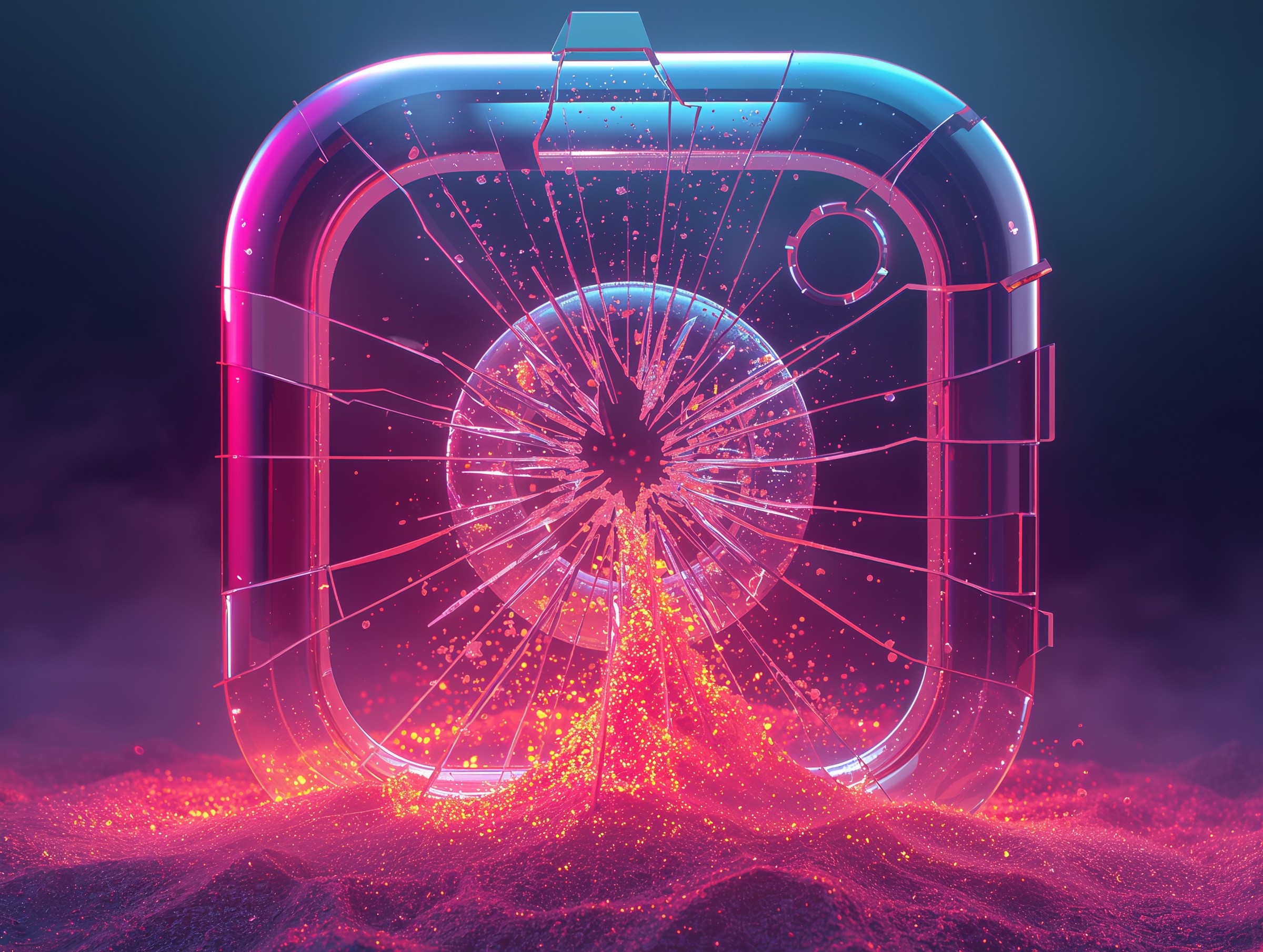OpenAI recently announced it will give rights holders more control over how their characters and intellectual property are used within Sora, its AI video generation app. The company also intends to roll out a revenue-sharing mechanism for creators who allow usage of their characters a shift aimed at addressing copyright concerns amid rapid Sora adoption.
Further coverage by Reuters confirms that studios can block unauthorized character use.
What Changes OpenAI Is Proposing
OpenAI’s CEO, Sam Altman, revealed that content owners will gain more granular control over character generation in Sora, moving from an opt-out model to one that lets creators specify usage conditions. Users who permit their characters to be used may receive revenue share when others generate videos featuring those properties.
The update addresses criticism that Sora’s default model allowed creators’ intellectual property to be reproduced unless they took action. Under the new system, rights holders may opt in, block, or place contextual restrictions on use.
OpenAI’s move also broadens its monetization strategy. By involving rights holders, the company hopes to align creator incentives with platform growth, especially as user-generated Sora videos featuring popular characters proliferate.
Why This Matters for Copyright & Creative Control
Historically, AI tools have struggled with copyright legitimacy. Many creators complained their works appeared in generated outputs without consent. OpenAI’s new policy explicitly acknowledges those concerns and offers a structural response.
Still, critics warn the proposal doesn’t guarantee enforceability the mechanisms behind blocking, detection, and dispute resolution remain under-specified. Moreover, smaller creators may lack the resources to register or police their IP rights effectively in this system.
From a security standpoint, this shift is crucial. As Sora’s adoption grows, misuse of copyrighted content without proper control can lead to copyright strikes, reputational damage, and legal exposure for platforms, creators, and users alike.
Implementation Challenges & Risks
Implementing such controls isn’t trivial. OpenAI must build a robust IP registry that tracks which characters may be used, under what constraints, and by whom. It also needs automated enforcement systems to detect violations possibly via watermarking, content fingerprinting, or usage logs.
Furthermore, the revenue-sharing model requires transparency. Rights holders will demand clear metrics: how many video views used their content, how much revenue was generated, and how fees are split. OpenAI must design these systems to avoid gaming or manipulation.
Critics caution that defaulting to opt-in can slow creative diffusion. If most rights holders block usage, the richness of shared content may shrink. Balancing protection and openness will be a delicate negotiation.
Outlook & Industry Implications
If OpenAI executes this shift well, it could set a new standard for AI IP governance blending creator rights with generative innovation. Other platforms (e.g. Midjourney, Runway, Stability) may follow.
Yet the change is likely phased. OpenAI has emphasized it will refine the revenue-sharing and control framework through experimentation. In the meantime, studios such as Disney have already begun opting out.
Ultimately, these updates reflect how generative AI is disrupting not only technology but the legal and creative ecosystems around it forcing new infrastructure for IP control, monetization, and compliance.
FAQs
Q: Can content owners fully block character use in Sora?
A: Yes, OpenAI will allow rights holders to block or restrict generation of their characters, limiting unauthorized use.
Q: Will creators get paid for usage of their IP?
A: OpenAI plans to test revenue-sharing models with rights holders who permit their characters to be used.
Q: Does this change retroactively affect existing content?
A: No. The control and revenue features apply to future setups; previous usage likely remains unaffected.
Q: How will OpenAI enforce misuse?
A: Enforcement mechanisms aren’t fully disclosed yet, but may include watermarking, IP registries, and usage tracking.
Q: What’s at risk if this fails?
A: Without enforceable controls, creators face IP misuse, platforms risk legal liability, and the trust fabric of generative systems deteriorates.











One thought on “Sora Update: Creator Control and Revenue Models for Characters”